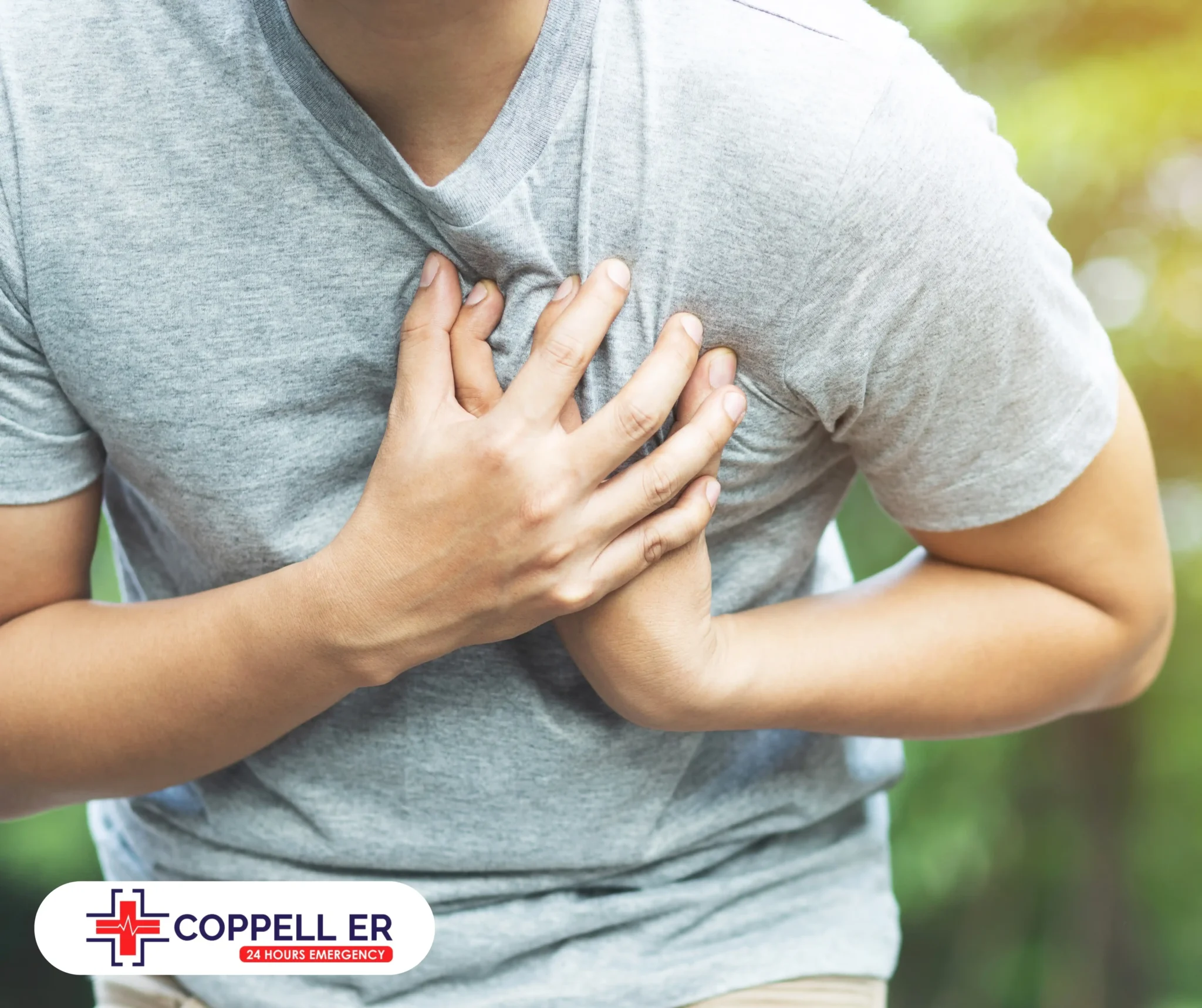Introduction
When doctors need a closer look inside your chest to diagnose a problem, two of the most common scans are a CT vs MRI chest. These imaging tests are important tools for checking conditions in the lungs, heart, and nearby tissues. But which one is better, and when should each be used? This article explains the key differences, uses, benefits, and limitations of both scans — in simple, easy words.
1. What Is a CT Scan of the Chest?
A CT (Computed Tomography) scan uses X-rays and computer technology to create detailed images of your chest. It helps doctors view bones, blood vessels, and soft tissues all at once.
-
Fast test: Usually completed in a few minutes.
-
Ideal for emergencies: Common in ER settings like ER OF COPPELL.
-
Best for: Lung diseases, injuries, tumors, infections, and bleeding.
2. What Is an MRI Scan of the Chest?
An MRI (Magnetic Resonance Imaging) scan uses strong magnets and radio waves instead of X-rays. It produces very clear images of soft tissues and organs.
-
Longer scan time: May take 30-60 minutes.
-
No radiation involved.
-
Best for: Heart conditions, soft tissue injuries, and blood vessel problems.
3. Main Differences Between CT and MRI Chest
| Factor | CT Chest Scan | MRI Chest Scan |
|---|---|---|
| Technology | X-rays | Magnetic fields and radio waves |
| Speed | Very fast | Slower (30–60 minutes) |
| Radiation | Yes | No |
| Best For | Lungs, injuries, bleeding | Heart, soft tissues, blood vessels |
| Cost | Usually cheaper | Often more expensive |
| Image Detail | Great for bone and lungs | Superior for soft tissues |
4. When to Choose a CT Scan for Chest?
Doctors may recommend a chest CT scan when:
-
You have chest pain or trauma.
-
You are coughing blood.
-
There’s a suspected lung infection or pneumonia.
-
You need a quick scan in an emergency.
-
Lung cancer or tumors are suspected.
At ER OF COPPELL, CT scans are available 24/7 for rapid diagnosis.
5. When to Choose an MRI Scan for Chest?
An MRI scan may be the better choice when:
-
You have heart or blood vessel conditions.
-
There is a need to assess soft tissue growth.
-
Doctors need clearer images of chest wall abnormalities.
-
You cannot be exposed to radiation (e.g., pregnant women).
6. Risks and Safety Concerns
CT Scan Risks:
-
Exposure to a small amount of radiation.
-
Not suitable for pregnant women.
MRI Scan Risks:
-
Not recommended for people with metal implants, pacemakers, or clips.
-
Can cause discomfort if you are claustrophobic.
Always inform the medical team at ER OF COPPELL if you have any implants or medical history before undergoing a scan.
7. Cost Comparison: CT vs MRI Chest
| Scan Type | Average Cost (USA) |
|---|---|
| CT Chest | $300–$1,200 |
| MRI Chest | $700–$3,000 |
Note: These prices vary based on insurance, urgency, and provider. Emergency care centers like ER OF COPPELL provide transparent billing and rapid imaging services.
8. Time, Comfort, and Convenience
CT Scan:
-
Typically done in 10 minutes or less.
-
Less noisy and more comfortable.
-
Available even in urgent and emergency care settings.
MRI Scan:
-
Takes more time (30 to 60 minutes).
-
Involves lying still in a noisy machine.
-
May require sedation for anxious patients.
9. Accuracy and Image Quality
CT Scan:
-
More effective for high-speed, emergency diagnosis.
-
Excellent lung, bone, and trauma imaging.
MRI Scan:
-
High-definition images of the heart and blood vessels.
-
Better for soft tissue detail.
The professionals at ER OF COPPELL decide the best scan based on your symptoms and urgency.
10. Final Thoughts: Which Is Right for You?
There’s no one-size-fits-all answer. The choice between CT and MRI depends on:
-
Your symptoms
-
Speed required
-
Your medical history
-
The level of detail needed
For fast and accurate diagnosis, ER OF COPPELL is fully equipped with advanced CT and MRI capabilities, providing safe and expert care around the clock.
11. FAQs
Q1. Which is safer: CT or MRI chest?
A: MRI is safer as it doesn’t involve radiation. However, CT is still considered safe, especially when used only when needed.
Q2. Is MRI better than CT for chest pain?
A: It depends. CT is preferred in emergencies, while MRI gives more detailed images for heart or vessel conditions.
Q3. Can I eat or drink before a CT or MRI?
A: Usually yes, unless instructed otherwise by your healthcare provider.
Q4. Can I get these tests at an ER?
A: Yes. ER OF COPPELL offers both CT and MRI scans for chest conditions, available 24/7.
Q5. Does insurance cover CT or MRI scans?
A: Most insurance plans cover these scans when medically necessary. Always check with your provider.









